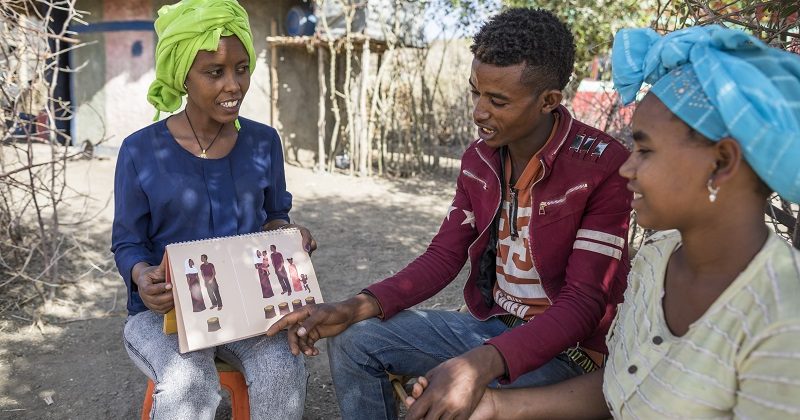Itad’s purpose is to have a positive impact on the world – to generate useful insights and support our clients to make evidence-informed decisions that improve their performance and catalyse positive lasting social, economic and environmental change.
To understand better when our work has catalysed positive change and why, last year we started to collect stories of impact. This was part of our broader efforts to embed a focus on delivering impact into everything we do as an organisation.

We’ve now written up and published a selection of these stories, and they make for fascinating reading. Together, they paint a rich picture of the ways in which our work has had an impact with organisations across a wide range of contexts. They include examples of our work being used to:
- protect refugee and asylum seeker rights post-Covid-19
- strengthen coherent global action to tackle the scourge of landmines
- establish gender and inclusion mainstreaming across a major philanthropy
- support the ongoing improvement of a transformative programme to improve access to contraception for adolescent girls
- help governments in low- and middle-income countries embed evidence in their policy-making processes
Across all these examples, robust evidence, clear communication, and well managed consultative processes have been key ingredients to our success. However, nothing would have happened had our partners not been open to engage with our evidence, learn from it, and act. We commend all of them for their commitment to listening, learning, and taking evidence informed actions.
Moving forward, we’ll continue to document, learn from and share stories of Itad’s impact. It’s important for our team to step back and celebrate the amazing changes in the world they are contributing to, but it’s also important for the wider evidence movement that Itad is a part of as it highlights the tangible ways that investing in evidence makes a difference.

